At the current time it is extremely important that everybody is following the NHS guidance to wash their hands thoroughly and more regularly.
In order to help we have provided below Mr Tumble’s Hand Washing Song for younger pupils, followed by the hand washing instructions from the NHS website: https://www.nhs.uk/live-well/healthy-body/best-way-to-wash-your-hands/
Washing your hands is one of the easiest ways to protect yourself and others from illnesses such as food poisoning and flu.
You should wash your hands for the amount of time it takes to sing “Happy Birthday” twice (around 20 seconds):
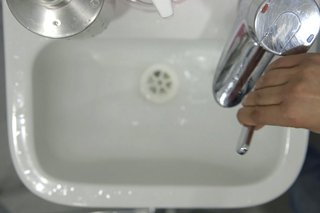
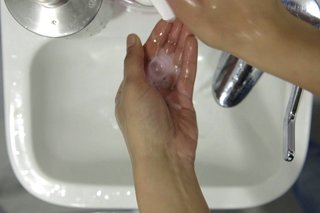
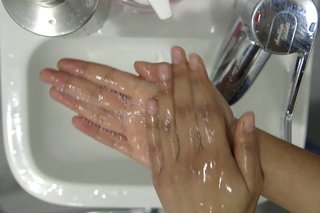
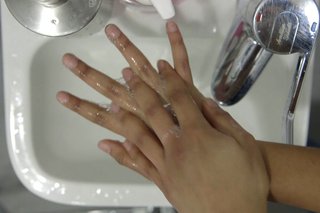
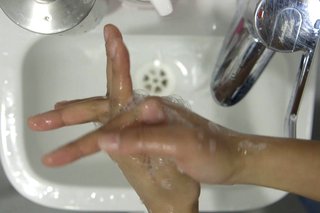
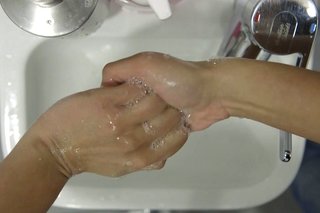
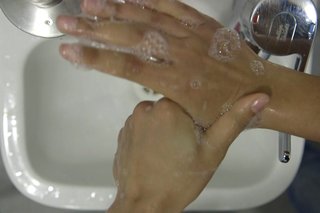
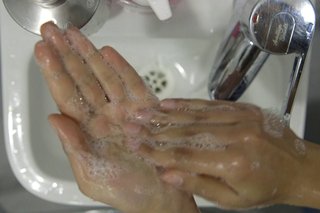
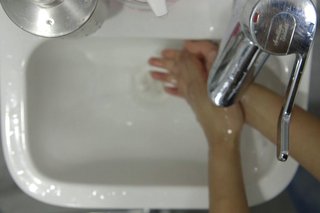
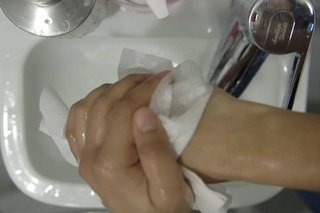
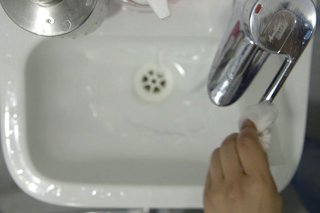
If you do not have immediate access to soap and water then use alcohol-based handrub if available.
When should you wash your hands?
You should wash your hands:
- after using the toilet or changing a nappy
- before and after handling raw foods like meat and vegetables
- before eating or handling food
- after blowing your nose, sneezing or coughing
- before and after treating a cut or wound
- after touching animals, including pets, their food and after cleaning their cages
Washing your hands properly removes dirt, viruses and bacteria to stop them spreading to other people and objects, which can spread illnesses such as food poisoning, flu or diarrhoea.
It can help stop people picking up infections and spreading them to others.
It can also help stop spreading infections when you’re visiting someone in hospital or another healthcare setting.
